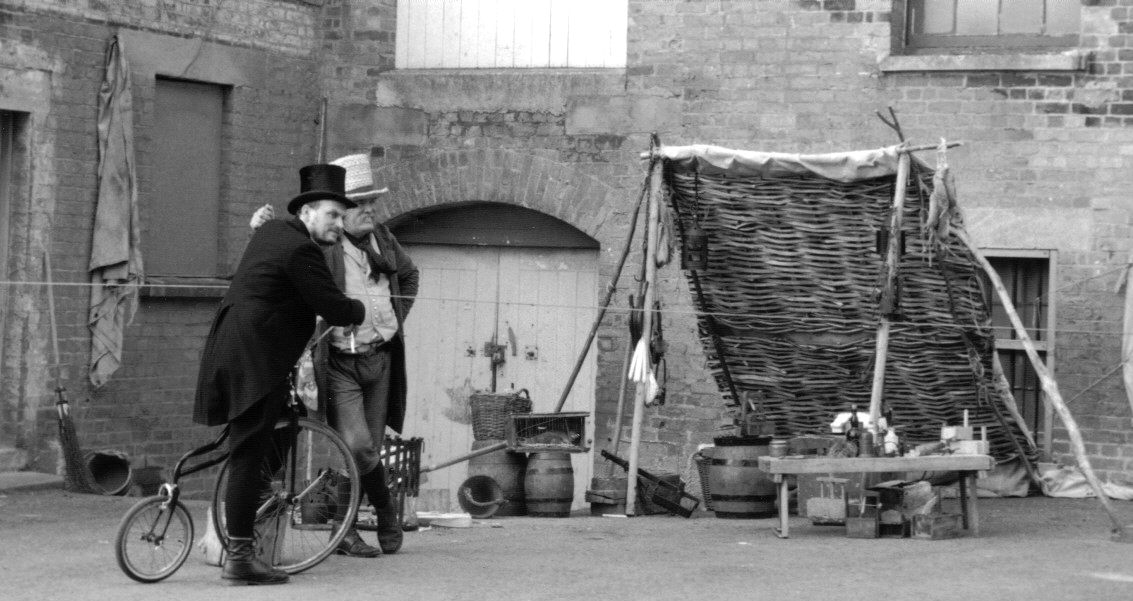Following is the newest opinion editorial from Citizens' Alliance for Responsible Energy.
On February 16 of this year, three corporate giants suddenly pulled out of a leading alliance of businesses and environmental groups known as the U.S. Climate Action Partnership. Their participation was heralded by some as proof of their belief in manmade global warming-when it could have merely been acquiescence to the inevitable and a chance to participate in the potential profits. This past Tuesday's announcement by ConocoPhillips, BP America and Caterpillar that that the bills now in Congress are unfair to American industry shows that the motive was more profit than protection. They knew all along that cap and trade was a scheme not a solution, but the way the rules are set, they'd come out ahead by playing along.
Using an existing government program--Medicaid--as a parallel, Marita's newest opinion editorial shows how given the direction government was heading, cap and trade was their better option. We can hope, now, that other companies will follow suit by speaking up regarding the damage these polices will do to the American economy.
We hope you distribute/publish this material as soon as possible!
Eric McInteer -Research Fellow, CARE (Citizens' Alliance for Responsible Energy)
-------------------------------------------------------
February 24, 2010
The Intersection of Healthcare and Cap and Trade
By Marita Noon
"I can't wait until we get government healthcare. I hate working with these insurance companies," said a healthcare worker tasked with getting his hospital reimbursed for the services they provide to Medicaid patients.
What he didn't realize is that the United Behavioral Health subsidiary with whom he is dealing is "government healthcare."
Privatizing the delivery of services to Medicaid recipients has been a trend long before healthcare "overhaul" became a priority. Companies such as United Behavioral Health-the specific company being vilified in the aforementioned conversation-simply respond when the government puts out a Request for Proposal (RFP). Basically the lowest bidder gets the contract. The ability to offer such services for the price quoted is not taken into consideration, just how cheaply can the obligations be met. The contractor does what the government outlines for them. And, ideally, they make money from the services they provide-allowing them to stay in business and offer job security.
Those responsible for getting the hospitals paid for the services acknowledge that getting money from the private insurance companies is much easier than from the companies getting funded through government.
How does this connect to cap and trade?
First, understand that cap and trade is a government plan to deal with so-called man-made global warming. While the entire climate change issue is challenged due to the acknowledged data forgeries, and plummeting public concern over climate, governments are still moving forward with cap and trade plans. President Obama's appointee as Administrator of EPA, Lisa Jackson, is ready to regulate CO2 as a pollutant in case Congress does the right thing and doesn't pass cap and trade legislation. Here, in New Mexico, Governor Richardson is pushing for a statewide cap and trade program using an Environmental Improvement Board stacked with conflicts of interest.
Cap and trade supporters have touted the fact that many energy companies signed on to a cap and trade plan as proof that climate change is a real issue. Here is where healthcare and cap and trade intersect.
I am in the camp that believes that climate change is not a crisis, and if it is, there is nothing humans can do to change what has been going on for millions of years-long before human emissions were an issue. From this mindset, I have been speaking out against cap and trade. However, if we are going to have some type of climate change legislation, a carbon tax is a much more honest approach.
Like the privatization of Medicaid services, the unwary consumer will not realize that the energy price increases are as a result of a government program. Like an insurance company being blamed for the difficulty, the energy company will bear the brunt of the consumers' wrath. Like an insurance company's bid to get the government contract hoping to make a profit, the energy companies have signed on to what they (prior to climategate and the collapse of the theory) once viewed as inevitable. They expected to profit from cap and trade, while, the citizens are burdened with the higher energy costs.
Instead of cap and trade, a climate tax is more transparent. Citizens know that a "tax" is a government action. We know that the government collects the tax. It, too, will up our energy costs, but like the taxes on our phone bills, it will have a line on the bill stating exactly how many dollars of the bill are due to the carbon tax. Instead of being mad at the energy provider, the anger gets directed toward the government-and the energy companies have no chance to profit from the action.
When you hear conversations about cap and trade-especially those who support it as a way to stop so-called manmade global warming, suggest transparency; support the idea of a carbon tax. It is more honest. And, no one wants more taxes.
Better yet, now that the forged data has been exposed and more revelations are taking place on an almost daily basis, encourage your elected officials to block any climate change legislation. Support companies like ConocoPhillips, BP American and Caterpillar who have jumped ship before it sinks America. With public outcry, maybe more companies will see the light and pull out of the U.S. Climate Action Partnership.
CARE (Citizens' Alliance for Responsible Energy) is the nonprofit, member-based organization advocating for citizens' right to energy that is affordable, abundant and available. Based in Albuquerque, CARE addresses energy issues statewide, region-wide and nationwide. For more information visit www.responsiblenergy.org.
CORRECT PUBLIC TO FEDERAL LANDS
-
Friday, March 16, 2018
DOI - Correct "Public" to "Federal" Lands!
Dear Secretary of DOI, Ryan Zinke,
BLM Acting Deputy Director (Operations) Michael D. ...
5 weeks ago
